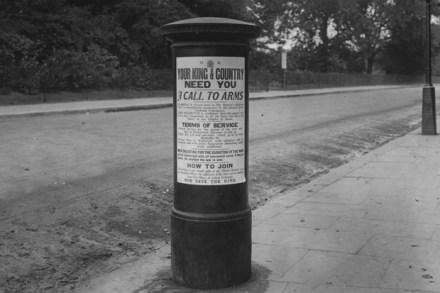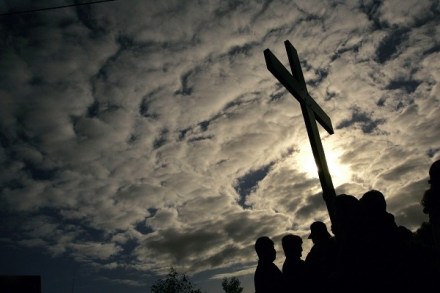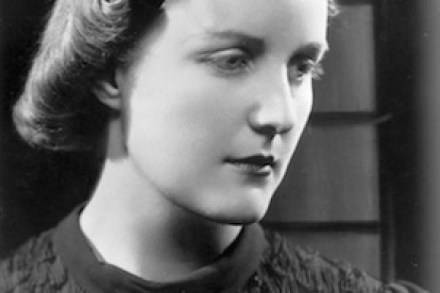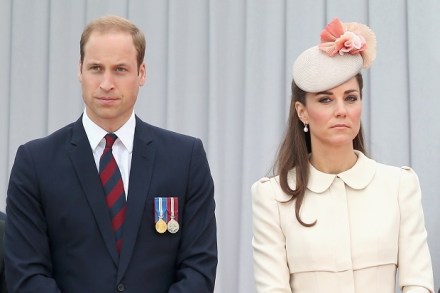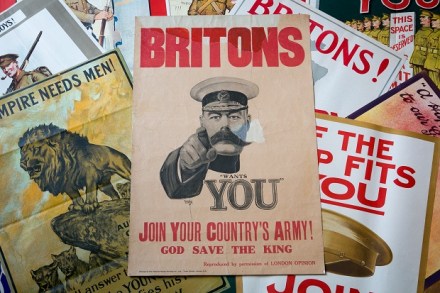Liberate women…from the rotten dictatorial group-think of ‘feminism’
Good on David Cameron for refusing to wear that hideous T-shirt. Feminists these days spend an awful lot of time telling people what to think and what to wear. It’s easy to forget the heady days of feminism’s innocence, when it lobbied for freedom, the freedom for women to operate telegraphs, for example. The deft fingers of women were to set in action the wires of the telegraph with as much swift dexterity as they do those of the piano. They were to write messages about iron and steel and stocks and shares with the same easy celerity that they corresponded about the last new ribbon or baby’s first tooth.















